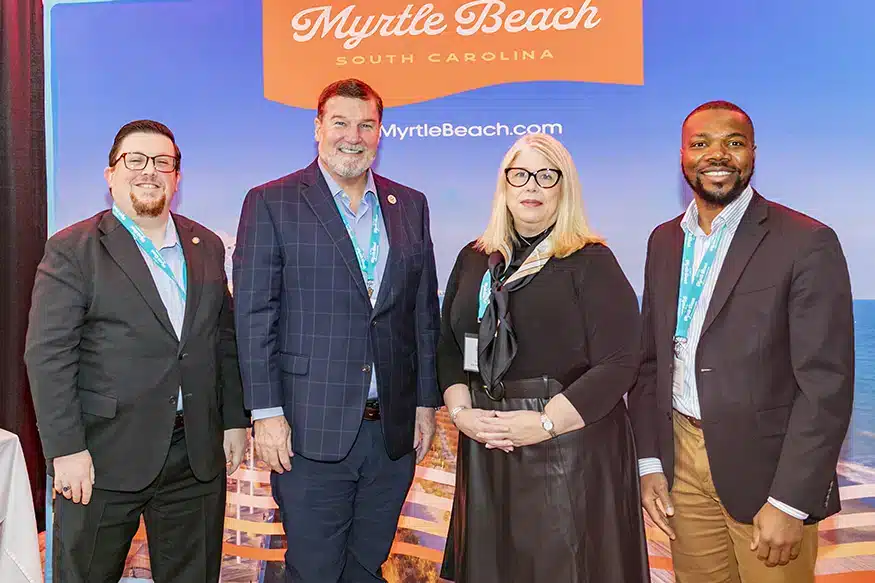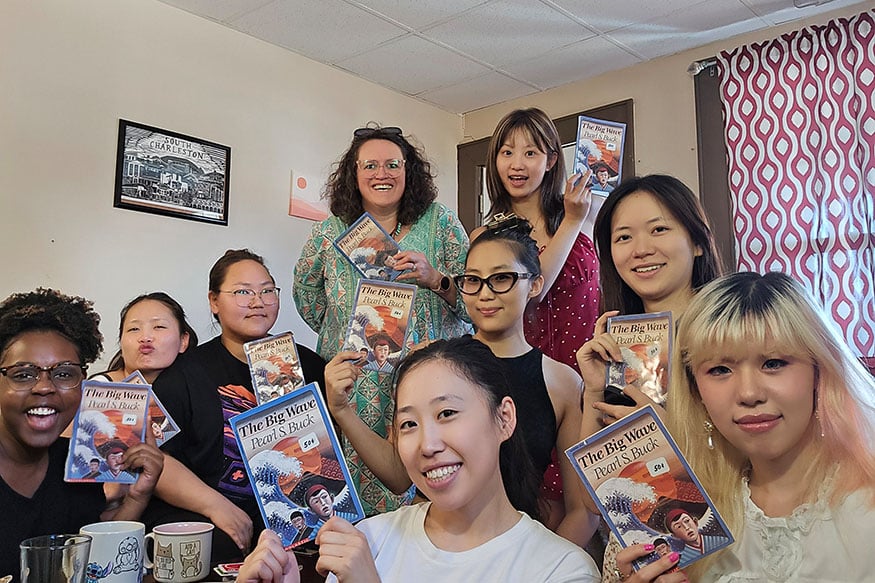For the past six months I’ve been living in Lusaka, Zambia, teaching jazz drumset at a music academy. This dream come true was only possible because of the Christianson Fellowship and the InterExchange Foundation. I’ve previously travelled extensively, lived in foreign countries and studied abroad. However working overseas was a completely new experience for me. One gets a much different perspective on the daily life and culture of a foreign country when actively partaking in the workforce – truly living and contributing to society as a local. For a recent college graduate and working musician, however, this wonderful learning experience can be quite financially taxing. The Christianson Fellowship allowed for my dreams to come to fruition. With the InterExchange Foundation’s help I was able to focus on the task at hand instead of my wallet. The result was an experience of a lifetime.
To say formal music education is lacking in Zambia is a severe understatement. Ngoma Dolce Music Academy is the only full-time music school in the entire country. The academy aims to provide high-quality music education at a price within grasp of both the common local and wealthy expatriate and all interested students in between. I was brought on to the staff at a pivotal point for the academy. About three months into my stay, Ngoma Dolce began moving from Kalundu to Kabulonga; they were constructing a brand new facility. This new plot would be a giant step in the right direction for Zambia’s musical future. I helped the academy with this move from layout ideas to room design and occasionally even physically constructing the building. I learned a great deal about sound proofing rooms and the steps/red tape necessary to undergo such a project abroad. Unfortunately, by the time my contract finished the new academy was still incomplete. It is, however, fully functional, impressive and already a musical milestone for Zambia. Watching and helping the construction of this facility has been one of the highlights of this entire learning experience.
My main duty at Ngoma Dolce was to train a Zambian drummer who would later replace me. This meant that I first had to find my successor. After about two months of scouting nightclubs and concert venues and infiltrating the music scene of Lusaka I found Charlie “Chax” Chambuluka. He had been voted Zambia’s best drummer several times (including during my stay at the Zambian Music Awards) and had always dreamed of teaching at a place like Ngoma Dolce Music Academy. Chax was a fantastic drummer but, like the majority of his musical counterparts, lacked a formal musical education background. My first task with him thus became teaching him to read music. I can probably count on one hand the amount of drummers in Zambia who know how to read music. By making one of them a teacher, the catalyst to the next generation of musicians, we were taking the next step towards musical literacy in this country. Although we yielded great success here, we still didn’t make the progress I had hoped for. It is difficult to teach a musician (already so capable of performing) to start at the beginning and learn the fundamentals that seem so distant from his used musical vocabulary. With that being said, Chax has a good enough grasp on drumset reading to teach it, which is ultimately all we needed in that department.
My next task was one of cross-cultural understanding – showing Chax American musical styles such as jazz, funk, blues and the New Orleans second line. Here he excelled; his astute ear was able to pick up new genres and drumming techniques quite easily. Not only does this hint at promises of future jazz drummers in Zambia, but it also lends itself to new hybrid genres emerging. With one of the most involved drummers in the country now listening to and performing American styles, we are likely to hear new, innovative sounds popping up in the Zambian music scene. My final duty with my protégé was to train him in proper pedagogy techniques. Here he also passed with flying colors. Chax is a natural teacher and wonderful with children. By the end of our time together, Chax was teaching under my supervision. Having witnessed these trial lessons firsthand I can proudly say that I have replaced myself; Ngoma Dolce Music Academy (and thus Zambia) now has a very valuable drum teacher.
When I wasn’t training Charlie Chambuluka, I was teaching. When I started I had about twelve students. By the time I left I had around 24. My students ranged from three years old to 60. I was teaching Zambians, Kenyans, Italians, Americans and all nationalities in between. I taught extreme beginners and talented musicians capable of grasping jazz techniques with promising musical futures. Every single one of my students improved immensely. I was able to share the sounds of America (especially New Orleans), Ghana (having studied traditional Ghanaian percussion) and many other indigenous beats to a very worldly group of students. In return I found out what nationalities excelled with which beats and which were spots of trouble. The patterns were clear, fascinating and useful. In the process I fine tuned my teaching techniques down to a science. I look forward to applying all of this to my students back in the U.S.
Most importantly, however, I learned how to live in Zambia. I became used to the hectic city life of Lusaka. I know how to be a jazz drumset instructor in Africa. I was an expatriate living like a local. For six months I figured out how to call this new place home. The abnormal of Zambia has become comfortable. It is a very sincere shame to leave – I will find a way to come back, I need to. With the help of the Christianson Fellowship and InterExchange I was able to make the most of this trip. I could not have done it without the help of the InterExchange Foundation. This has been one of the most important events of my life, one that will shape it forever. Having been here, my future plan has been sealed; I will pursue a Ph.D. in ethnomusicology with hopes of becoming a college music professor specializing in African percussion and how it relates to jazz. This will give me a constant platform to apply the lessons I’ve learned while working abroad in Zambia. Working overseas is such an important experience that I feel all should have. Sadly this is not possible for all of us. But with the help of InterExchange, many of us will be able to. And for that I am eternally grateful. I will miss my students, fellow teachers, Zambian friends and everyone else I’ve encountered in my travels very much. I’m devastated to leave them, but it’s wonderful that I was given the opportunity to even meet them. I’m not sure if I would have had the chance if not for the Christianson Fellowship. InterExchange has helped me make a dream a reality. Sadly, however, that reality has come to a close as my trip has finished. It is time for me to return to America. Thank you once again to InterExchange and to everyone who read this. Go have an adventure! And when you go, go well – musale bwino.




